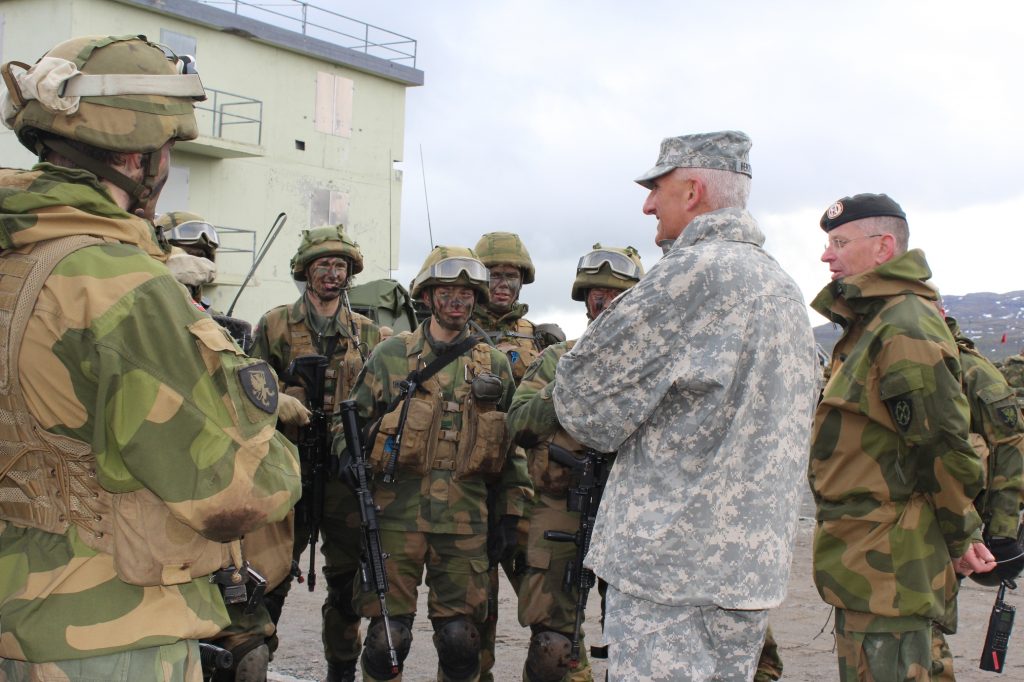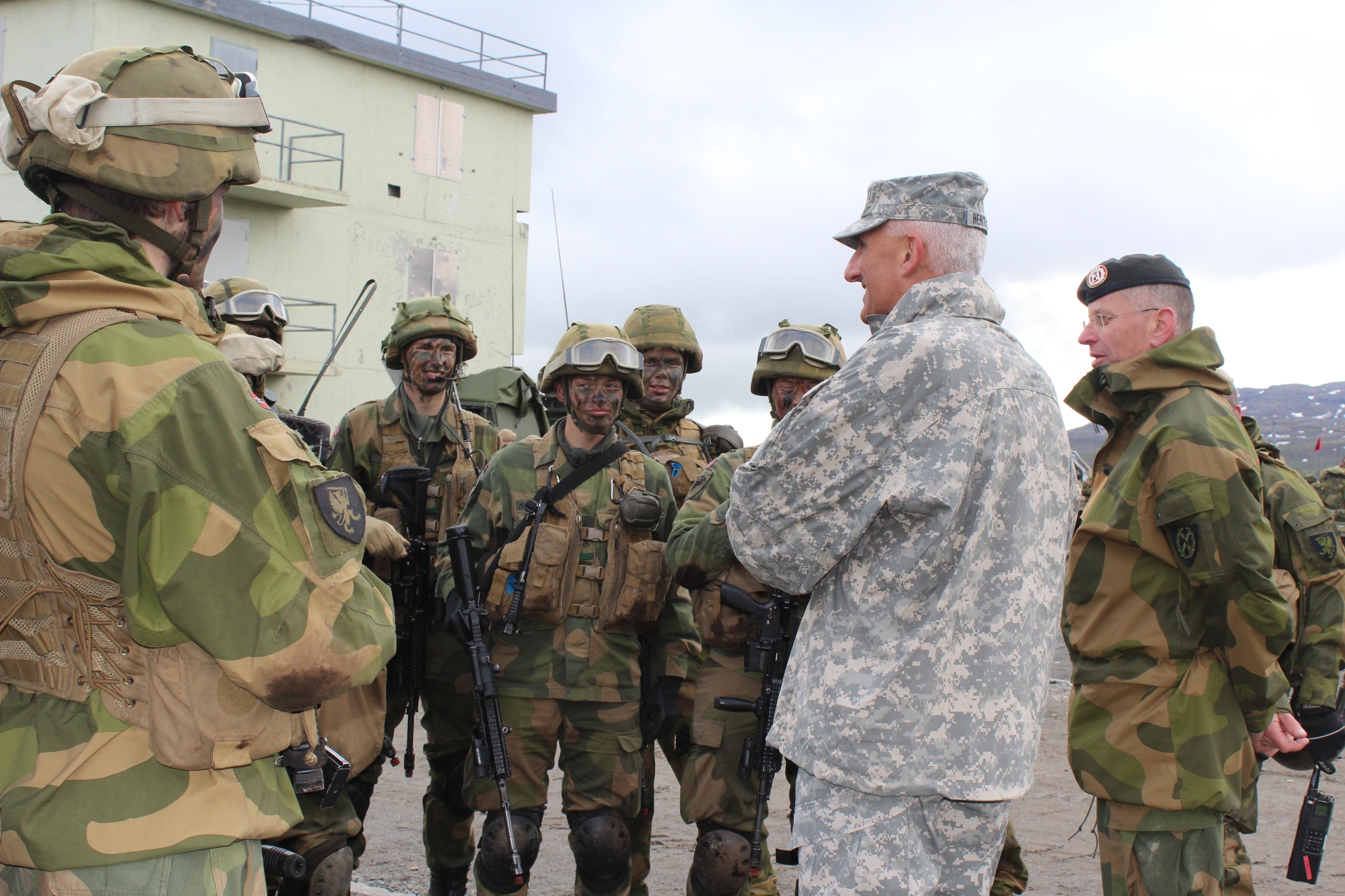
Since joining the Partnership for Peace [PPP] initiative in 1994, and participating in the Planning and Review Process [PARP], Sweden has continued to strengthen its cooperation with NATO, without formally joining the alliance.
In 1997, Sweden which was a neutral country became a member of the Euro-Atlantic Partnership Council in and was subsequently designated as a “partner – new opportunities” as part of the Interoperability Initiative. Without formally joining NATO, Sweden has adhered to NATO’s Concept of Operational Capabilities [OCC].
With the annexation of Crimea by Russia and with ongoing intensification of Russian military activities in Ukraine, the debate of Sweden’s NATO membership has once again come in the limelight.
The Swedish government has reviewed its defense policy, resulting in the re-militarization of Götland Island, and the reactivation of specific units.
Sweden has also strengthened its military cooperation with its Nordic and Scandinavian neighbors, especially with Finland, and has moved closer to the United Kingdom and the United States vide the Joint Expeditionary Force (JEF).
In December 2020, Sweden Parliament, the Riksdag, adopted a “NATO option”, paving the way for a potential eventual membership in the military Alliance. The Swedish left are opposed to the idea.
The backers of the “NATO option” would gain greater prominence should the security context deteriorate further. Sweden is likely to benefit from Article 5 of the Alliance’s collective defense clause.
Incidentally, article 42-7 of the Treaty on European Union, of which Sweden is a member, also provides for a collective defense mechanism, albeit it is non-binding.
In 2018, French President Emmanuel Macron had proposed to modify it such that there was “almost automatic enhanced solidarity”.
“Our desire is for Europe to assume its strategic autonomy and strengthen its solidarity in the field of defense,” Macron had pleaded at that time.
According to the results of a survey by the Pew Research Center, 65% of Swedes view NATO in a positive light. Despite this, Sweden’s foreign and defense ministers, Ann Linde and Peter Hultqvist, told Swedish daily Dagens Nyheter that there is no question of the Swedish government abandoning “its policy of non-alignment” and joining a military alliance like NATO.
“We live in a time when our choices are critical. They can determine our destiny and that of others in the short and long term. The world around us has changed, and we see more nationalism, belief in authoritarian systems, and divisions between nations and within nations. Democratic values are being challenged in ways that would have been unimaginable just a few years ago. These are serious challenges,” said the two ministers.
They went on to add, “In these uncertain times, we need stability, long-term prospects, and predictability in security policy. Failure to enter into military alliances gives Sweden the freedom to act in any situation that best contributes to detente and a peaceful outcome. And this guarantees Sweden its independence in matters of foreign policy. Therefore, the doctrine of government security policy remains unchanged,”
They stressed, that this does not mean that Sweden is isolated insofar as it “promotes defense cooperation with neighboring countries as well as with NATO. “
“The transatlantic link with the United States is essential to the stability; the United Kingdom’s role is necessary. With our closest partner, Finland, we have developed joint operational planning […]. By developing synergy, i.e., working together, we create a basis for standard action […]. Joint exercises and the exchange of information are of decisive importance here”.
Under these circumstances, both ministers opine that it is up to the parties that voted for the “NATO option” to demonstrate how the latter could benefit Sweden.
This question is likely to be one of the challenges of the next Swedish parliamentary elections, to be held on September 2022.





